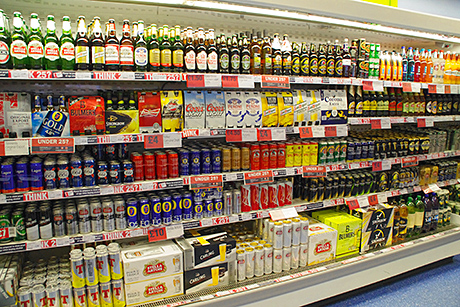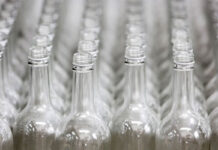Trade group says report shows there’s no need for minimum pricing …. academics say there is

SCOTS are drinking less alcohol than before and are becoming involved in fewer episodes of hazardous drinking, according to the latest NHS analysis of the effects of the country’s alcohol strategy.
The Monitoring and Evaluating Scotland’s Alcohol Strategy (MESAS) report says alcohol consumption in Scotland has fallen 8% since 2009. The number of people exceeding recommended drinking guidelines is continuing to fall – a trend being driven by a fall in consumption among people aged 18-24.
Rates of alcohol-related mortality and hazardous drinking are also down. The report says Scotland is experiencing a “recent and sustained decline in alcohol-related harm”, but instances are still higher than a decade ago and higher than in England and Wales.
Wine and Spirits Trade Association chief executive Miles Beale said: “We welcome the evidence that more and more people in Scotland are drinking within the recommended guidelines.
“The report shows that positive change is taking place without minimum unit pricing, a policy that would punish the vast majority of responsible drinkers.
“The industry supports – and will continue to support – targeted action, local partnership working and more and better education, all of which are proven interventions that reduce alcohol misuse.”
However, researchers at the University of East Anglia and the University of Cambridge say minimum pricing is needed, as multibuy bans are ineffective.
Their research was published last month in the academic journal Addiction.
The multibuy ban began in October 2011. Using household purchasing data from Kantar Worldpanel, researchers found that as of June 2012, there was no evidence that the ban on multibuys had reduced the purchasing of beer, cider, wine, spirits and flavoured alcoholic drinks. Researchers said the policy influenced shopping patterns, with Scottish consumers buying fewer products per trip, but buying beer and cider more frequently. The overall amount purchased was unchanged.
Professor Marc Suhrcke, from the University of East Anglia’s Norwich Medical School, said: “Partially banning price promotions leaves the door open for industry just to switch to other forms of price promotions, or indeed to reduce the overall price of alcohol.
“Imposing greater excise duties on alcohol and introducing minimum unit pricing have been shown to reduce alcohol consumption and associated harms.”



















